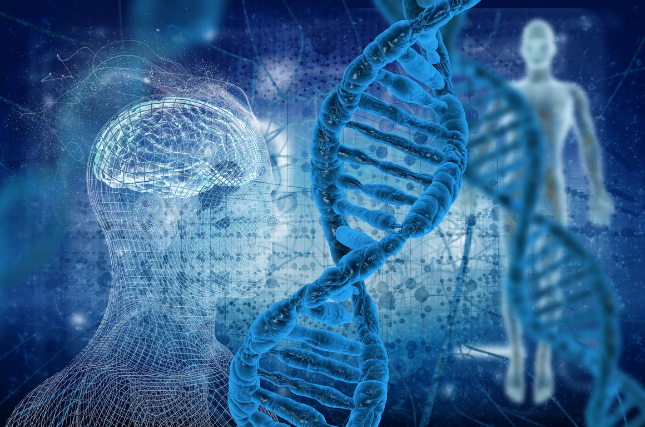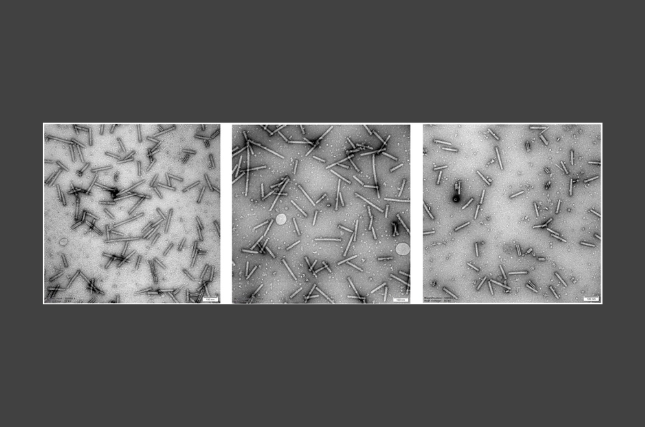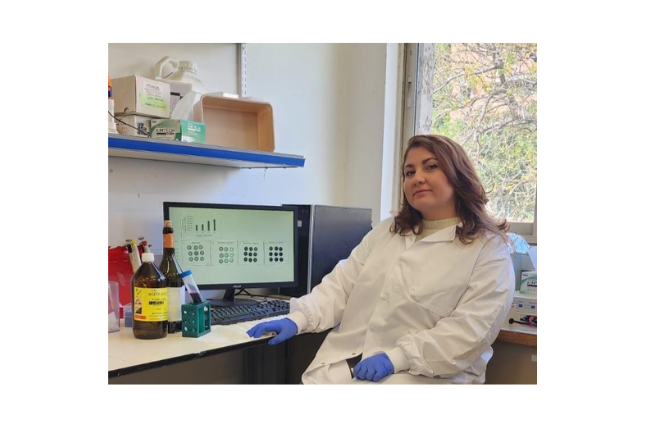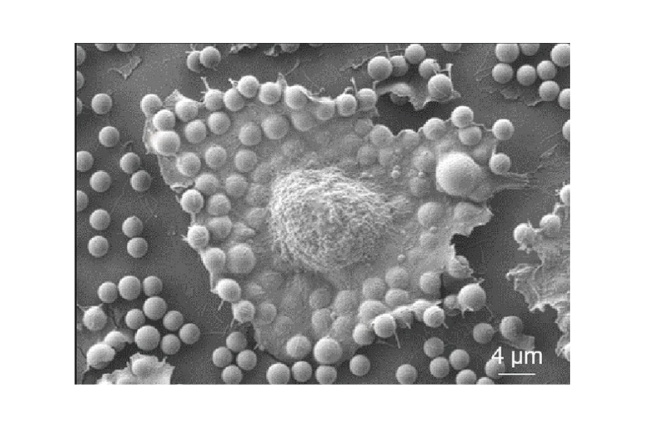
July 17, 2025 – A team of researchers at the Hebrew University of Jerusalem, led by Bracha Ochana and Daniel Nudelman, under the supervision of Prof. Tommy Kaplan, Prof. Yuval Dor and Prof. Ruth Shemer have developed an exceptionally accurate method for predicting chronological age from a small DNA sample drawn from blood.
The study, published in Cell Reports, could facilitate breakthroughs across science, medicine, and law. It also deepens the understanding of how aging works and brings science a step closer to decoding the body’s internal clock.
The researchers used AI to create a tool called MAgeNet that can determine a person’s chronological age, the number of years since birth, with a margin of error as low as 1.36 years for individuals under 50. The method is unaffected by smoking, BMI, and sex, and has potential applications in forensics, aging research, and personalized medicine.
The Hebrew University research team analyzed blood samples from more than 300 healthy people, as well as data from a decade-long longitudinal analysis of the Jerusalem Perinatal Study (JPS), led by Hebrew University Prof. Hagit Hochner from the Faculty of Medicine.
The secret lies in how DNA changes over time through a process called methylation—the chemical “tagging” of DNA by methyl group (CH3). By zeroing in on just two key regions of the human genome, the team was able to read these changes at the level of individual molecules, then use deep learning to translate them into accurate age predictions.
The research also uncovered new patterns in how DNA changes over time, suggesting our cells encode age both randomly and in coordinated bursts—like ticking biological clocks. “It’s not just about knowing your age,” added Prof. Shemer. “It’s about understanding how your cells keep track of time, molecule by molecule.”
Beyond potential medical uses, the method could also revolutionize forensic science by allowing experts to estimate a suspect’s age from just a trace of DNA—something existing tools struggle to do.
The research paper titled “Time is encoded by methylation changes at clustered CpG sites” is now available in Cell Reports and can be accessed here.
Researchers:
Bracha-Lea Ochana1,5, Daniel Nudelman2,5, Daniel Cohen1, Ayelet Peretz1, Sheina Piyanzin1, Ofer Gal Rosenberg1 , Amit Horn1 ,Netanel Loyfer2, Miri Varshavsky2, Ron Raisch2, Ilona Shapiro4, Yechiel Friedlander4, Hagit Hochner4, Benjamin Glaser3, Yuval Dor1,, Tommy Kaplan1,2,, Ruth Shemer1,
Institutions:
- Dept. of Developmental Biology and Cancer Research, Institute for Medical Research Israel-Canada, The Hebrew University-Hadassah Medical School, Jerusalem
- School of Computer Science and Engineering, The Hebrew University of Jerusalem
- Dept. of Endocrinology and Metabolism, Hadassah Medical Center and Faculty of Medicine, The Hebrew University of Jerusalem
- Braun School of Public Health, The Hebrew University of Jerusalem



